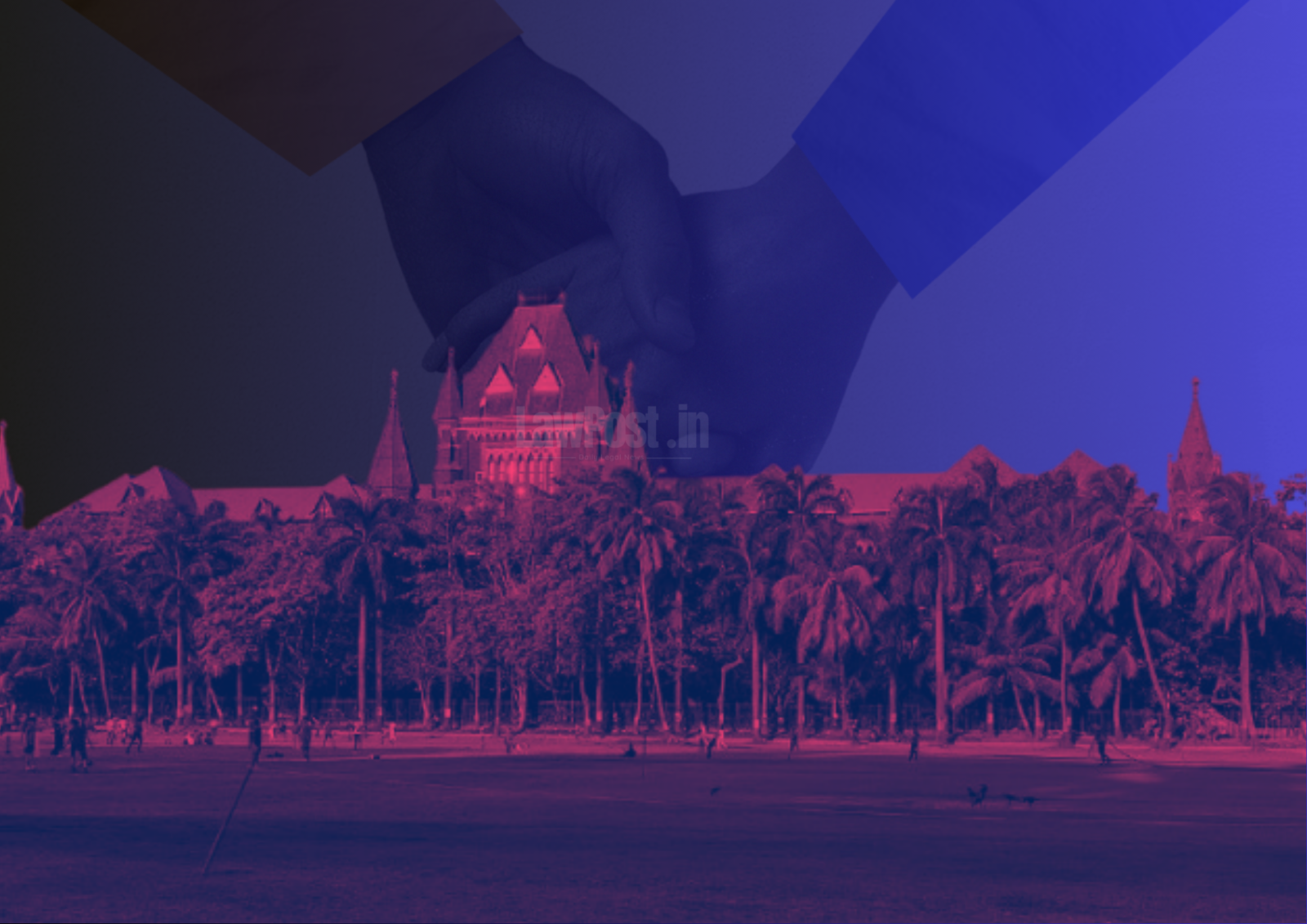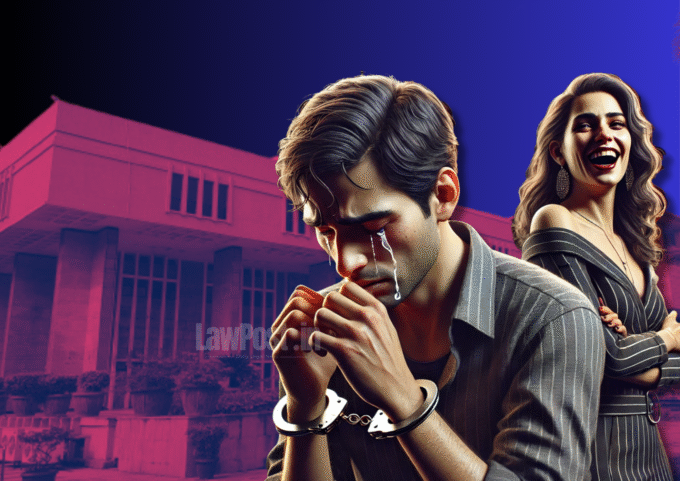In a swift move to protect a Hindu-Muslim couple facing violent threats from their families, the Bombay High Court on Tuesday directed the Maharashtra State government to provide the couple with a safe house of their choice in suburban Mumbai. The order came a day after the State’s home department issued a circular notifying the establishment of safe houses for interfaith and inter-caste couples across districts.
A Bench of Justice Revati Mohite Dere and Justice P K Chavan heard the plea of the couple, both aged 23, who had been in a relationship since 2021. The couple sought protection after threats from their families intensified when the Hindu man expressed his intention to marry the Muslim woman. The woman had to quit her job, and the couple fled their homes, seeking refuge and assistance from the Court.
“Now that you have created safe houses, give them a safe house,” the Court directed the State, instructing authorities to house the couple in one of the newly established safe houses by evening. The Bench also ordered the police to review the man’s application for police protection within 48 hours to ensure his safe commute to work.
Acknowledging concerns about the limited security at these safe houses—many of which are guarded by only a single constable—the Court further instructed the local police to provide additional security for the couple during their stay.
This landmark intervention follows an earlier suggestion by the Bombay High Court in a similar case, where the Court proposed using state guest house rooms as safe houses for couples under threat. In response, the Maharashtra government issued a circular on December 18 detailing the locations of special cells and safe houses across the State.
During the proceedings, Senior Advocate Mihir Desai, representing the petitioner, raised concerns that suggestions for adopting standard operating procedures (SOPs) from Chandigarh and Delhi were not considered in the State’s circular.
The Court, however, dismissed the comparisons, remarking, “Don’t give examples of Chandigarh and Delhi… They have Khap panchayats. We don’t have Khap panchayats. These things must be done based on the social context and circumstances of our society.”








